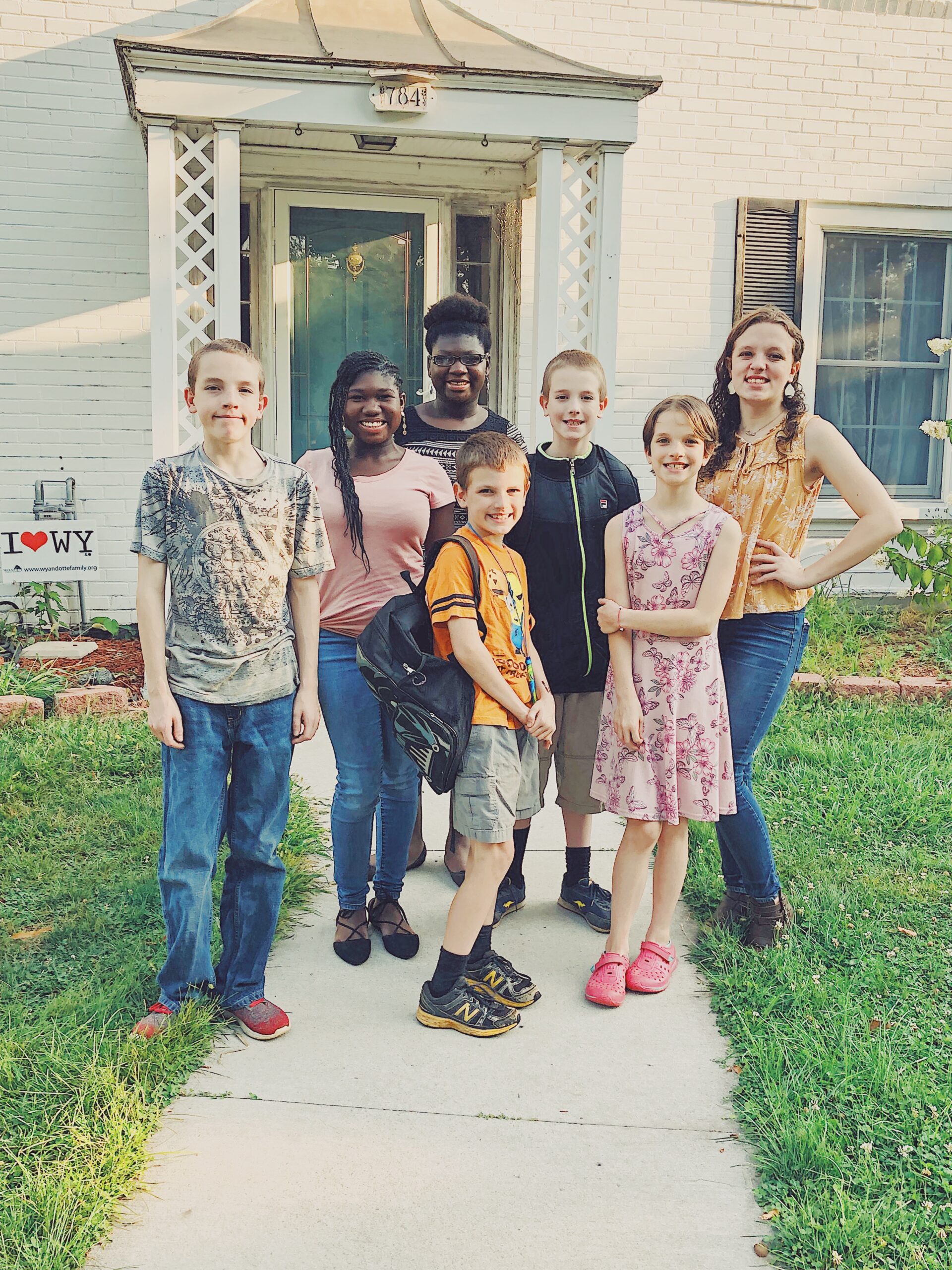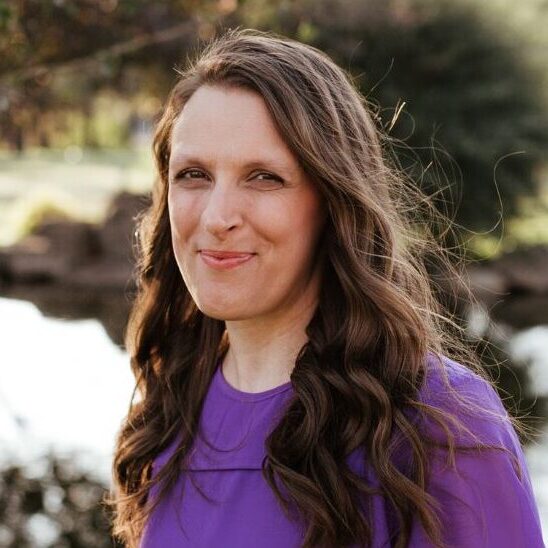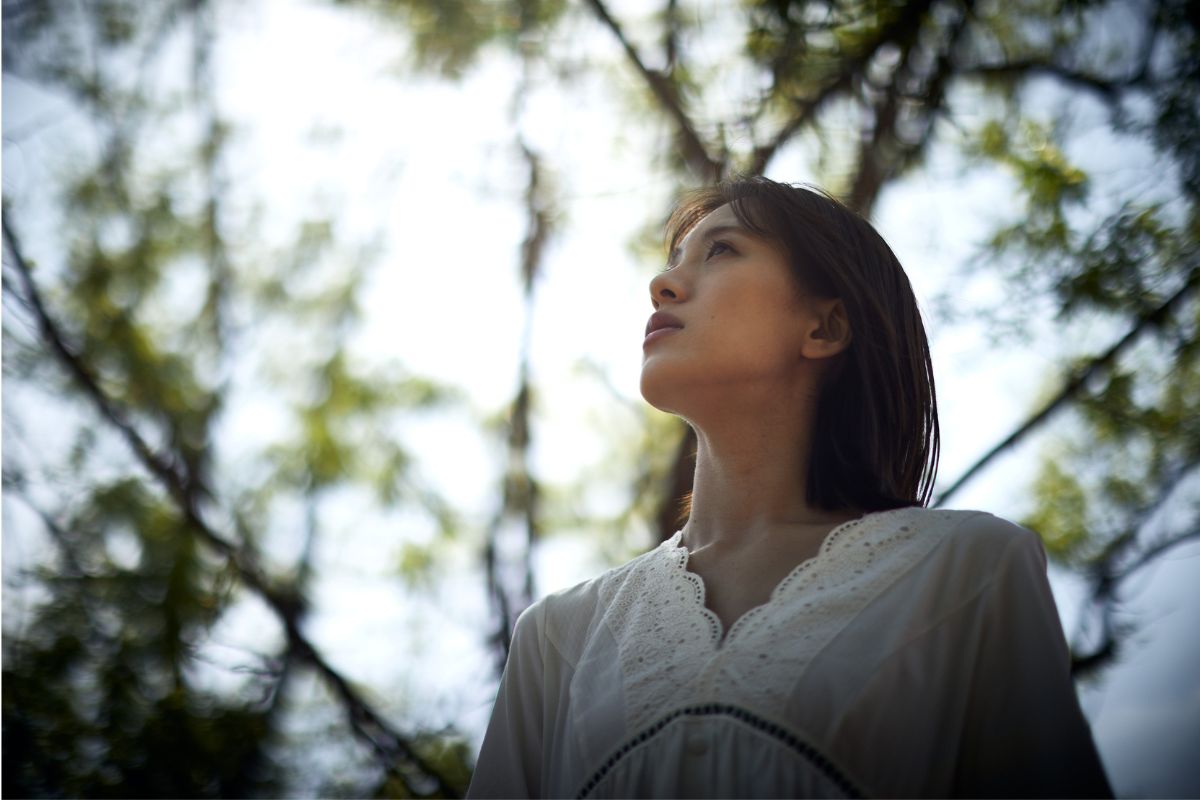I share this update as a testimony to God’s glory and no other reason. If other adoptive families are encouraged by it, I am so grateful! But our stories are always God’s stories first and His glory should always be shared by His Spirit and how He leads.
If you would like to read more of our story, you can do so here. {I apologize in advance that the pictures are missing. When I changed blog hosts a few years back, they didn’t transition over. But I put a few progressive photos below.}
—-
I realize it has been some time since I’ve offered an update on how our Ghanaian daughters are doing after being home for close to five years now.
The truth is, I can’t imagine life without them. They are so much a part of our family (and have been since the very first time we laid eyes on their photo), that it feels like they’ve been with us all along.
I share this update as a testimony to God’s glory and no other reason. If other adoptive families are encouraged by it, I am so grateful! But our stories are always God’s stories first and His glory should always be shared by His Spirit and how He leads.

But that’s not how it feels for them. See, they were pulled from everything and everyone they knew. Although they had been anticipating our arrival to bring them home for 16 months, nothing could have truly prepared them for that reality.
While there have been many good changes, there have been many more hard ones. Many of the struggles are buried, even for them. It’s been 4 1/2 years of slowly digging those things out to bring them to light. It’s been hearing harsh words from one and silence from another.
It’s been the undoing of some beliefs about themselves to replacing it with God’s Truth about who they are (and this is always ongoing).
In Ghana 2013

As a mother who has obviously never mothered adopted children before them, it’s learning to be sensitive to their traumatic past. It’s learning they won’t respond the same way my biological children will in certain situations. And it’s learning it over and over and over again. For a while, everything will feel “normal,” and something will trigger, and a struggle ensues without warning.
It means trying {so hard} not to take any mud-slinging personally but to get to the root of where that hurt is coming from and truly listening to the heart of my child.
The one thing I have been super fortunate with was the ability to find ways to connect with my Ghanaian daughters in ways that feel non-threatening but allow them to express their hurts and their needs with me. We keep a journal. Each of the girls (along with my other children) have their own journal with which we use to communicate some hard things. Or we use it when there has been a confrontation. One of my daughters often shuts down talking at all if she feels unsafe sharing (fight or flight). But she will write it down if I ask her to. And then I will write back.

One of my daughters often writes about just how hard her life here is. While we may scoff at the notion that life here in America could be harder than life in a third-world country, remember there is more to living than the ease and comforts that come with it.
While my girls now have clean water, plenty of food to eat and are no longer sick with anything other than a mere cold, their hearts (and brains) are not often in a state of comfort and felt safety. In other words, even though they ARE safe, they don’t always FEEL safe. And it’s not necessarily physical safety so much as it is emotional safety.

This is why adopted children so often lie. They don’t feel safe to tell the truth—even when it’s something silly {to us}. For them, it feels like life or death. This is something that I have tried to work with and wrap my brain around. It’s something I try really hard to remember.
Even adopted children need boundaries and consequences but they also need heaps of patience and heaps of understanding (because most of the time even they don’t understand why they lie or steal or act out). Trauma does strange things, not just to the emotions, but physically to the brain. Couple that with malnutrition (even the best orphanages cannot afford the best nutrition) and there are all kinds of deficiencies we’re working through.
Early childhood trauma shapes so much of who children are and who they become because those years are so incredibly impressionable and transformative as the brain develops and continues to. It takes much more time to undo the damage than it did to form it.
Anytime a child is taken from or loses a parent or both parents, it is considered trauma. It doesn’t matter if it happened straight out of the womb or as a teenager. The struggles of that loss still exist. They may reveal themselves in different ways, but they exist just the same.
Margaret and Christiana may have appeared to transition with ease into our family and into a new country {and in many respects they have} but much of their trauma is deeply buried. Not so much on the surface. It takes digging and asking questions and offering a safe place to be honest and raw in their own time. It also requires some extra effort to go out of your way to show them they are loved.
How have my other children transitioned?
I seriously could not have asked for better children. The evidence of the Holy Spirit is truly written on each of their hearts and I truly cannot take credit for that. Sure, Jonathan and I point them in the direction of Jesus, but ultimately it is them who grabs hold of it and allows God to work.
They have welcomed our girls in without a second thought or jealous bone in their body. Since the very beginning, as we kept them informed of all the adoption process and delays that were happening, God worked in their hearts to love two girls they had never even met yet as their own siblings.
When they came home, Gabriella and Margaret were literally inseparable for a solid year. They were always at each other’s sides, chatting away, drawing, and playing together, and they became the best of sister-friends. Sure, Margaret has learned to have her own interests and hobbies, but they are a couple of lucky girls.
Does everyone always get along 100% of the time? No way. There are definitely specific children who tend to clash more often than others, but over the years, they have learned how to handle such conflict, and it happens less and less.

God’s original design was not for Margaret and Christiana to be torn from their family. But in this fallen and broken world, that’s just what has happened. So now, He is in the process of building something new and beautiful and strong {even though it’s painful at times}.
Are there times I worry about their future? Absolutely. But I don’t have to because I will never stop being their mother and I will never stop being there for them no matter what needs arise. There is no rush to sending them out into the world.
We first received the referral to adopt them when they were 6 and 8 years old. They came home when they were 8 and 10 years old. Today, they are {almost} 13 and 15 years old. While they’ve come a long way, they still have a long way to go, too. Just like the rest of us, we are always a work in progress.

If you have any questions or want to me to write about a certain aspect of our adoption, please don’t hesitate to ask!
Click here to read our 10-year update. (Coming soon)







